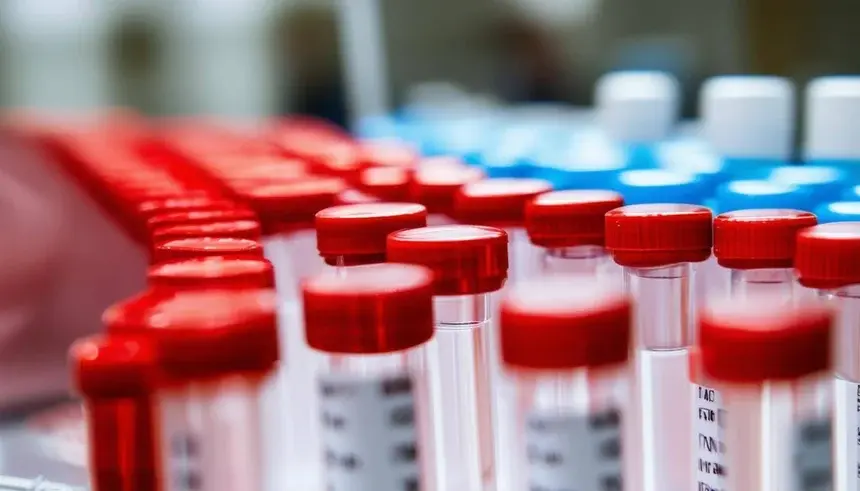Clinical Monitoring in Early Phase Clinical Trials: Ensuring Data Integrity and Patient Safety

Early-phase clinical trials, encompassing Phase I and Phase IIa studies, are critical steps in the drug development process. These trials aim to evaluate the safety, tolerability, and pharmacokinetics of new investigational therapies. Given the unique challenges and complexities associated with early-phase trials, effective clinical monitoring is essential. At Datapharm Australia, a leading Australian CRO, we are committed to supporting sponsors in conducting these trials with a focus on data integrity, patient safety, and regulatory compliance.
The Importance of Clinical Monitoring in Early-Phase Trials
Clinical monitoring plays a pivotal role in ensuring that early-phase trials are conducted according to the protocol and regulatory requirements. It encompasses several key functions:
- Patient Safety: The primary goal of clinical monitoring is to safeguard the health and well-being of participants. This involves regular assessments to identify and manage any adverse events or unexpected outcomes.
- Data Quality and Integrity: Rigorous monitoring helps ensure that the data collected during the trial is accurate, complete, and reliable. High-quality data is essential for making informed decisions about the safety and efficacy of the investigational product.
- Regulatory Compliance: Early-phase trials must adhere to strict regulatory guidelines set by authorities such as the Therapeutic Goods Administration (TGA) in Australia. Clinical monitoring ensures compliance with these regulations, which is vital for the success of the trial.
Key Components of Clinical Monitoring in Early-Phase Trials
Effective clinical monitoring involves several key components:
- Pre-Trial Activities
Before the trial commences, thorough planning and preparation are essential. Key pre-trial activities include:
- Site Selection: Choosing suitable clinical sites with the necessary infrastructure and expertise is critical. A thorough site assessment helps ensure that the site can effectively manage the trial’s requirements.
- Protocol Development: The clinical trial protocol outlines the study design, objectives, and procedures. A well-defined protocol is crucial for guiding the monitoring process and ensuring compliance.
- Training for Investigators and Site Staff: Providing comprehensive training for investigators and site staff on the study protocol, data collection methods, and safety reporting is vital for effective monitoring.
- During the Trial
Once the trial is underway, continuous monitoring is necessary to ensure compliance and address any issues that arise. Key activities include:
- Regular Site Visits: Clinical monitors conduct regular site visits to verify that the trial is being conducted according to the protocol and regulatory requirements. During these visits, monitors review source documents, check data accuracy, and assess patient safety measures.
- Adverse Event Reporting: Monitors play a crucial role in identifying, documenting, and reporting adverse events in a timely manner. Prompt reporting is essential for ensuring patient safety and complying with regulatory requirements.
- Data Review: Continuous review of data collected during the trial helps identify trends, discrepancies, and potential issues early. This proactive approach allows for timely corrective actions if necessary.
- Post-Trial Activities
After the trial concludes, several key activities ensure that data integrity and patient safety continue to be prioritised:
- Final Site Visit and Close-Out: Conducting a final site visit allows monitors to ensure that all data has been collected accurately and that any outstanding issues are addressed before the site is closed.
- Data Analysis and Reporting: Following the trial, data analysis is conducted to evaluate the safety and efficacy of the investigational product. Comprehensive reporting of the results is essential for regulatory submissions and future research.
Challenges in Clinical Monitoring of Early Phase Trials
While clinical monitoring is essential, several challenges may arise during early-phase trials:
- Patient Recruitment and Retention: Early-phase trials often face difficulties in recruiting and retaining participants due to strict eligibility criteria and the potential risks involved.
- Complex Protocols: Early-phase trials frequently involve complex protocols and procedures, making adherence challenging for both site staff and participants.
- Data Management: The collection and management of data can be cumbersome, particularly when dealing with multiple sites and diverse patient populations.
Impact of Effective Monitoring on Clinical Trial Success
Clinical monitoring is a crucial element in the success of early-phase clinical trials. By prioritising patient safety, data integrity, and regulatory compliance, clinical monitors play a vital role in advancing research and developing new therapies. At Datapharm Australia, we are dedicated to providing comprehensive support for sponsors in their early-phase clinical trials, ensuring that every aspect of the monitoring process is meticulously managed. For more information about our services and expertise in clinical monitoring, please contact us today.


